Audio
Denise West - Scope
Ablequest by
2RPH3 seasons
21 March 2025
14 mins
A speech pathoplogist discusses her work with young people's complex communication needs.

Ablequest is a series of 15 minute programs looking at developments in assistive technology and initiatives for people living with a wide range of disabilities. Presented by Barbara Sullivan, Marni Roper and Elaine Wziontek.
In this episode: Denise West is a speech pathologist with expertise in working with adolescents with complex communication needs. She and her team at Scope have developed picture boards, spelling boards and a special Communication Access Symbol (pictured on this page). This internationally recognised symbol shows the outline of two faces looking at each other which shows organisations meet high stands in customer service, signage and easy-to-understand information.
Original air date: 21.03.25
Barbara Sullivan 0:02
With information on the latest developments in assistive technology and initiatives from the studios of two RPh in Sydney and around the country on the radio reading network of Australia, we bring you ablequest. Hello. I'm Barbara Sullivan, one in seven Australians will experience a communication difficulty at some point in their lives. Some may be unable to read. Others have a problem with speaking, and it can be difficult to be understood and respected. If you have a communication difficulty through brain injury, stroke or any other problem, there is still a barrier to engaging with businesses and community services, everyday activities, shopping, banking, all becomes harder. So while we have an internationally recognized symbol for people with a physical disability to get to the front door of a business, it's only recently that there's been a focus on providing excellent customer service to all customers, including those with communication difficulties. In other words, communication accessible. Our guest today is Denise West, General Manager of scopes, communication and inclusion Resource Center in Victoria. Denise is a speech pathologist with more than 25 years working with adolescents and adults who have complex communication needs, she and her team have developed picture boards and spelling boards, as well as the communication access symbol. This blue and white symbol shows the outline of two faces looking at each other with a two way arrow, depicting communication when publicly displayed, the symbol enables people to know an organization meets high standards in customer service, signage and easy to understand information. Elaine Wziontek talks to Denise about communication access and the importance of everyone being able to get their message across no matter how they communicate.
Elaine Wziontek 2:09
Welcome to ablequest. Denise, so before I ask you to explain communication access and why it's so important, can we begin by my asking you what made you get interested in speech pathology and communication?
Denise West 2:26
Yeah, thank you for having me. As a young child or and a teenage teenager, I learned keyword sign or sign language because I had a cousin who was born profoundly deaf, so I was really very interested in learning about alternative ways of communicating, which led me to a path of speech pathology. And I was fortunate enough to have a one of my first student placements with what was then the spastic society and is now scope Australia, working with children in a special school who had communication difficulties and learning how to support them to effectively communicate.
Elaine Wziontek 3:07
And then you worked in disability?
Denise West 3:10
Yeah, I continued once I graduated to work for the spastic society in a range of services, and have worked with scope, which was then the spastic society for over 30 years in a range of positions, really focusing on ensuring people who have communication difficulties are heard and have a way of communicating, but also ensuring that our communities and Our mainstream services are accessible know how to communicate respectfully and efficiently with people who have got disabilities.
Elaine Wziontek 3:48
So you... became interested in the systemic changes in the system, as well as helping individuals.
Denise West 3:55
Yeah, my first 20 years or 15 years were about providing individual speech therapy, but a communication disability doesn't just belong to the individual, it belongs to the whole environment. And really wanted to focus on building the capacity of services, initially in Victoria and more recently nationally, to ensure that they're accessible for people who have got communication difficulties. So it's important
Elaine Wziontek 4:24
that people with a disability should be able to access the service just like anybody else.
Denise West 4:29
Absolutely. I mean, you know, we've got the UN Convention of rights. We've got also the Victorian and the Australian state disability plans that are all aspired to ensure that people with disabilities have the same choices in life as you and I have the same rights to access services and to have their voices heard.
Elaine Wziontek 4:51
So I understand that you and your team won an Innovation Award for developing a national symbol for businesses to display to promote community. Communication access. So congratulations for that. It's good to know when people businesses have the knowledge and the skills and the confidence to communicate with people with disabilities, isn't it?
Denise West 5:12
Yeah. Look, that was a real highlight. The award we employ over 20 people with communication difficulties and a lived experience disability. To lead this work, we launched the symbol in 2011 so it seems like a lifetime of work, but even leading up to the development the symbol, we heard from many people with disabilities who were brave enough to share their experience around the barriers they faced, communicating out in the community.
Elaine Wziontek 5:45
Can you give an example of one of those experiences?
Denise West 5:48
Sure, on our team at the time, there was a young woman who talked about going into a shop who uses a speech generating device, or a Talking Machine, as many people might know it by she uses an electric wheelchair. She works independently and lives independently in her townhouse, and went into a shoe shop to buy some shoes because and she was ignored by the shop assistants and eventually asked to leave the shop.
Elaine Wziontek 6:20
Oh, dear. So she got access into the building, but she didn't get access to the services.
Denise West 6:26
No, no, so at all, and it's... not enough to be able to physically access buildings once you get in there, you've got to be able to communicate effectively.
Elaine Wziontek 6:40
So there are benefits to businesses and benefits to consumers to have this access symbol and this training. You know, it's all very well to have the symbol on your shop, but you need to have training for it.
Denise West 6:52
Absolutely. And it's not just for the disability community, the whole of community approach Elaine, and it's for tourists. People who've got English as a second language, to have staff that are welcoming and friendly and talk directly to you, and then also to have, whether it be a photo board or some communication tools, you know, pen and paper, even to be able to communicate successfully and recognize when somebody needs some support to communicate. So we make a lot of communication boards for shops, for services, for hospitals, for libraries, for councils, where they can have a picture or a photo based communication board at the at the reception, at the first point of contact, to enable people, irrespective of how they communicate and what language they speak, to be able to get their message across.
Elaine Wziontek 7:46
I know when you're a tourist in another country, it's often good in restaurants to be able to point it to what you think you might eat.
Denise West 7:53
Absolutely - and look, I think some restaurants are really leading the way just by having photo based menus for international tourists, and that really benefits people with disabilities as well.
Elaine Wziontek 8:06
So a lot of your work has been in Victoria I understand, yeah, the trams and the police and voting. I don't know where else...
Denise West 8:13
Yeah, Victorian Electoral Commission, Parliament of Victoria, we recently worked with also a lot of local councils at their customer service centers, swimming pools, community health centers, art galleries. The symbol that we launched in 2011 is a national symbol. We've recently done a significant amount of work in South Australia with a partner in South Australia who's worked with transport providers in South Australia as well. We've got services about to have one in WA be awarded for the work that they're doing to meet the minimum standards, to indicate that they are communication friendly and communication accessible for people who have got communication difficulties. So anywhere across Australia can be awarded the symbol.
Elaine Wziontek 9:01
So how can businesses get accredited? Is there a course that they can do online, or does someone come around? What happens if you so running, running a business, if you're running a Westfield shopping centre or one of those shops?
Denise West 9:13
Yeah, look, I think, certainly contacting Scope for initial inquiry. We then talk to you about understanding the size of your business, the nature of your business, any training that your staff might have previously had, whether you have a diversity and access and inclusion plan. And so we really look at the background and the past experience of the business with customers, we look at whether they've had complaints from customers. We try to understand what kind of is their reason and what they hope to gain. But the end of the day, if they're not really sure, we also have mystery customer assessments, where people with communication difficulties will go out and. And use that service and then come back and write a report about their experience and including what worked well and what were some of the challenges, which will then inform the business as to the next steps. But generally speaking, we would recommend probably some staff training or an information session for staff to give them some tips around how to communicate respectfully and efficiently and effectively. We might then look at whether they need a communication tool or a communication board at the point of their reception or the point of contact customers have. We'll look at whether Australians contact them by phone, by email, by face to face. So all of that's kind of worked through what we call the discovery phase, to then customise a plan for them to move forward.
Elaine Wziontek 10:54
So it's tailored for that business, that special business.
Denise West 10:57
Yes, it is.
Elaine Wziontek 10:58
So can you give us any tips on helping people with communication difficulties when we... meet somebody on the bus or on a holiday?
Denise West 11:07
Look, I think we've spoken to a lot of people with communication difficulties, and there's a couple things that really resonate, that they frequently see. One is speak directly to me, not to a support worker or a carer or a family member who might be traveling with me. If you don't understand me, don't pretend that you've understood me. Let me know that you haven't understood me. I'm not not embarrassed by that. If you ask me to repeat what I'm saying, if I've got speech and that's difficult to understand. If you've asked me to repeat my message and you still can't understand what I'm saying, Ask me if there's another way they can show me, ask how to communicate. They're probably the three main ones. Also see me as a person, don't see my disability and really ask me how I communicate yes and no. That can be a really helpful tip, so that then, if you can't understand or work out what someone's saying, you can ask yes no question, and most people can communicate how they can say yes or no.
Elaine Wziontek 12:22
Supposed I'd worked with children too. Wouldn't that children who haven't got the vocabulary can say something in a different way or point or gesture?
Denise West 12:30
Yes. Be brave and reach out and ask us how we can support you to actually be more inclusive and accessible for people with disabilities and our tourists who don't have a good command of English.
Elaine Wziontek 12:45
So can you give us the website details or any other phone numbers to find out more about the access symbol and how businesses can learn about this?
Denise West 12:53
Sure, best website is www.scopeaust.org.au, and then in terms of a phone number, it's 1 300 SCOPE. One, three hundred, SCOPE.
Elaine Wziontek 13:08
And the website, again, just as Austin, is it WWW-dot-scope...
Denise West 13:14
A, U S T, yeah. So it's w, w, w, dot S C, O, P, E, A, U, S, T dot org dot A, U.
Elaine Wziontek 13:24
Thank you very much, Denise.
Denise West 13:27
You're welcome. Thank you. Thanks for your time.
Elaine Wziontek 13:30
And I've just been speaking to Denise West. She's General Manager in national services at the communication and inclusion resource centre, Scope Victoria. And if you'd like to know more about how you can be more inclusive in your business with people with communication needs, the website is www, dot, scope, A, U, S, t, dot org dot A,U.
Barbara Sullivan 14:04
You have just been listening to Ablequest, a program that looks at developments in assistive technology and initiatives from Elaine Wziontek and Barbara Sullivan. Thank you for listening and goodbye till next program.
Continue listening

Blind Sports Australia CEO Matt Clayton speaks about its work with blind and vision impaired athletes across 21 sports.
Matt Clayton - Blind Sports Australia
Ablequest by 2RPH
5/5/2023
•13 mins
Audio

Vivid, Sydney's celebration of creativity, seen from a disability access focus by its director.
Gill Minervini - Vivid
Ablequest by 2RPH
19/5/2023
•14 mins
Audio

This program discusses dance movement therapy and how it works - featuring Cecilia King of the Dance Therapy Association.
Cecilia King - Dance Therapy
Ablequest by 2RPH
14 mins
Audio

What are the challenges of providing audio description on Oz TV? Hear Lauren Henley, Aust Federation of Disability Organisations.
Lauren Henley - Audio Description
Ablequest by 2RPH
16/6/2023
•14 mins
Audio

In Part 1 of a 2RPH interview, assistive tech expert David Woodbridge explores latest innovations to make everyday life easier.
David Woodbridge - Tech Update Part 1
Ablequest by 2RPH
30/6/2023
•14 mins
Audio

Features Robert Duff-Silsby of Luddi, Perth company developing assistive devices for all people and bodies.
Robert Duff-Silsby - Sexual Wellbeing
Ablequest by 2RPH
13 mins
Audio

In Part 2 of this conversation with 2RPH's Ablequest, expert David Woodbridge reviews latest assistive technologies.
David Woodbridge - Tech Update Part 2
Ablequest by 2RPH
28/7/2023
•14 mins
Audio

Matt Clayton of Blind Sports Australia and the Oz team's Chef de Mission, discusses the forthcoming World Blind Games in the UK.
Matt Clayton - World Blind Games
Ablequest by 2RPH
11/8/2023
•13 mins
Audio

Prof Kim Marriott of the Monash Assistive Technology and Society Centre, talks about the purpose and work of the Centre.
Kim Marriott - Monash Assistive Technology and Society Centre
Ablequest by 2RPH
25/8/2023
•13 mins
Audio

Ablequest features an interview with Serena Ovens, new CEO of Assistive Technology Supplies Australia or "ATSA".
Serena Ovens - Assistive Technology Supplies Australia
Ablequest by 2RPH
14 mins
Audio

Part 1 of an interview on the voice-activated app, Bindi Maps.
Anna Wright - Bindi Maps (Part 1)
Ablequest by 2RPH
14 mins
Audio

This is Part 2 of an interview with Dr Anna Wright, explaining how Bindi Maps works.
Anna Wright - Bindi Maps (Part 2)
Ablequest by 2RPH
14 mins
Audio

Artist Ebony Wightman of disability-led We Are Studios talks about art and challenge.
Ebony Wightman - We Are Studios
Ablequest by 2RPH
20/10/2023
•13 mins
Audio

Prof. Leeanne Carey discusses the SENSe program, her team's world-first therapy to help stroke survivors.
Leeanne Carey - SENSe Therapy
Ablequest by 2RPH
2/11/2023
•13 mins
Audio

Youthworks Accessibility Minister Bec Baines talks of making church accessible to young people with disabilities.
Bec Baines - Youth and Worship
Ablequest by 2RPH
16/11/2023
•14 mins
Audio

Nikki Hind, Australia's first blind fashion designer, discusses her work.
Nikki Hind: Blind Grit
Ablequest by 2RPH
1 December 2023
•14 mins
Audio

Dr Dimity Williams, family GP, recommends spending more time in nature - and a "green hour" each day.
Green Hour: Dr Dimity Williams
Ablequest by 2RPH
5 December 2023
•14 mins
Audio

Imagine sitting in a wheelchair for hours, being unable to move your fingers or arm to do simple things like pick up a glass.
Konstanze Hager - Bateo
Ablequest by 2RPH
Konstanze Hager - Bateo
•14 mins
Audio

Action Audio is a new language being created to transcend sport.
Machar Reid - Action Audio
Ablequest by 2RPH
Machar Reid - Action Audio
•14 mins
Audio

What a difference one person with experience, passion and energy can make to many lives.
Julie Ross-Edwards - Head High
Ablequest by 2RPH
Julie Ross-Edwards - Head High
•14 mins
Audio

Driver educator outlines what's needed for a person with disability to get a driver's licence.
Ronak Shah: on-road driving education
Ablequest by 2RPH
12 January 2024
•14 mins
Audio

Vision Australia's Christo Sarantakis talks of his life, blindness and assistive tech changes.
Christo Sarantakis of Vision Australia
Ablequest by 2RPH
26 January 2024
•14 mins
Audio

Introducing Australia's first pictureless feature film, TOUCH, showing in Sydney.
Majella Knobel: "Touch" - open air movie
Ablequest by 2RPH
9 February 2024
•14 mins
Audio

An expert discusses the use of horticultural therapy for people with disabilities.
Steven Wells: horticultural therapy
Ablequest by 2RPH
23 February 2024
•14 mins
Audio

Features articles on latest blind-assistive tech including a new bus app and smart ear buds.
Assistive tech news catchup
Ablequest by 2RPH
8 March 2024
•14 mins
Audio

Features an innovative hospitality industry training program for people with disabilities.
Saraya O'Connell - Hotel Etico Independence Program
Ablequest by 2RPH
22 March 2024
•14 mins
Audio

Guests discuss the Obi robotic dining assistant for people with upper arm disabilities.
Hugh Kingley and Rachel Dekkar: Obi
Ablequest by 2RPH
19 April 2024
•14 mins
Audio

A spy-themed computer program tackles the mystery of social encounters - outlined by its company's CEO.
Kathleen Davey - Social Science Translated
Ablequest by 2RPH
3 May 2024
•14 mins
Audio

A Sydney organisation delivers creative arts and life skills to people with disabilities.
ChoppA Green - Studio Artes
Ablequest by 2RPH
17 May 2024
•14 mins
Audio

An award-winning Central Coast NSW disability service shares its successful strategies.
Lonestar Makoni - Breaking Barriers Disability Services
Ablequest by 2RPH
31 May 2024
•14 mins
Audio

Part 1 of a conversation with an Australian neuroscience research pioneer about benefits of music in brain injury recovery.
Professor Sarah Wilson (part 1)
Ablequest by 2RPH
14 June 2024
•14 mins
Audio

Part 2 of a conversation with a leading neuroscientist of benefits of music in brain injury recovery.
Professor Sarah Wilson (part 2)
Ablequest by 2RPH
28 June 2024
•14 mins
Audio

A CEO talks about his company's award-winning assistive physical therapy device.
Justin Keenan - LusioMate
Ablequest by 2RPH
12 July 2024
•14 mins
Audio

Information about a program teaching good cyber-security practices to make daily life safer.
Jess Wilson: Be Connected
Ablequest by 2RPH
26 July 2024
•14 mins
Audio

A veteran print disability broadcaster with macular degeneration shares her experiences.
Teresa Plane - 2RPH
Ablequest by 2RPH
9 August 2024
•14 mins
Audio

The founder of a blind-assistive technology company shares latest developments.
Peter Ford - Control Bionics (part 1)
Ablequest by 2RPH
6 September 2024
•14 mins
Audio

Part 2 of an interview with the head of an innovative blind-assistive technology company.
Peter Ford - Control Bionics (part 2)
Ablequest by 2RPH
20 September 2024
•13 mins
Audio

Looks at a project to better inform refugee and migrant women on AI.
Good Things - Jess Wilson
Ablequest by 2RPH
4 October 2024
•14 mins
Audio

An expert with lived experience corrects some widespread misconceptions about stuttering.
Dale Williams - Stuttering Awareness Day
Ablequest by 2RPH
18 October 2024
•14 mins
Audio

An inventor discusses his an innovative cane tip to help people with blindness or low vision.
Peter Rickards - Sensaball
Ablequest by 2RPH
15 November 2024
•13 mins
Audio

Part 1 of an interview with an Australian expert on low-vision-assistive technology, on AI and other developments.
David Woodbridge (part 1)
Ablequest by 2RPH
29/11/2024
•14 mins
Audio

Conclusion of an interview with a leading Australian expert on blind-assistive technology.
David Woodbridge (part 2)
Ablequest by 2RPH
13 December 2024
•14 mins
Audio

Looks at the leading stroke treatment work of the Royal Rehabilitation Hospital, Ryde NSW.
Jason Redhead and Graham Cooper of Royal Rehab Ryde
Ablequest by 2RPH
10 January 2025
•14 mins
Audio

An innovative social media platform aims to address isolation and loneliness in the disability community.
Steve Bear - Alvie
Ablequest by 2RPH
7 February 2025
•12 mins
Audio

Australia's largest provider of Auslan sign services outlines its important work.
Brett Casey - Deaf Connect
Ablequest by 2RPH
21 February 2025
•14 mins
Audio

Looks at an Australian organisation's work at helping men seek help and build self-awareness.
Tommy Herschell - Find Ya Feet
Ablequest by 2RPH
7 March 2025
•14 mins
Audio

A speech pathoplogist discusses her work with young people's complex communication needs.
Denise West - Scope
Ablequest by 2RPH
21 March 2025
•14 mins
Audio

A vision-impaired disability rights advocate talks of her work and learning podcast skills.
Freya Wolf
Ablequest by 2RPH
4 April 2025
•14 mins
Audio

A leading Australian eye researcher talks of his team's work in creating new hope for people with retinal damage.
Raymond Wong - Centre for Eye Research Australia
Ablequest by 2RPH
18 April 2025
•14 mins
Audio

A wheelchair-using business owner, facilitator and car rally driver shares experiences and insights.
Mel Harrison - Sitting Low, Reaching High
Ablequest by 2RPH
2 May 2025
•13 mins
Audio
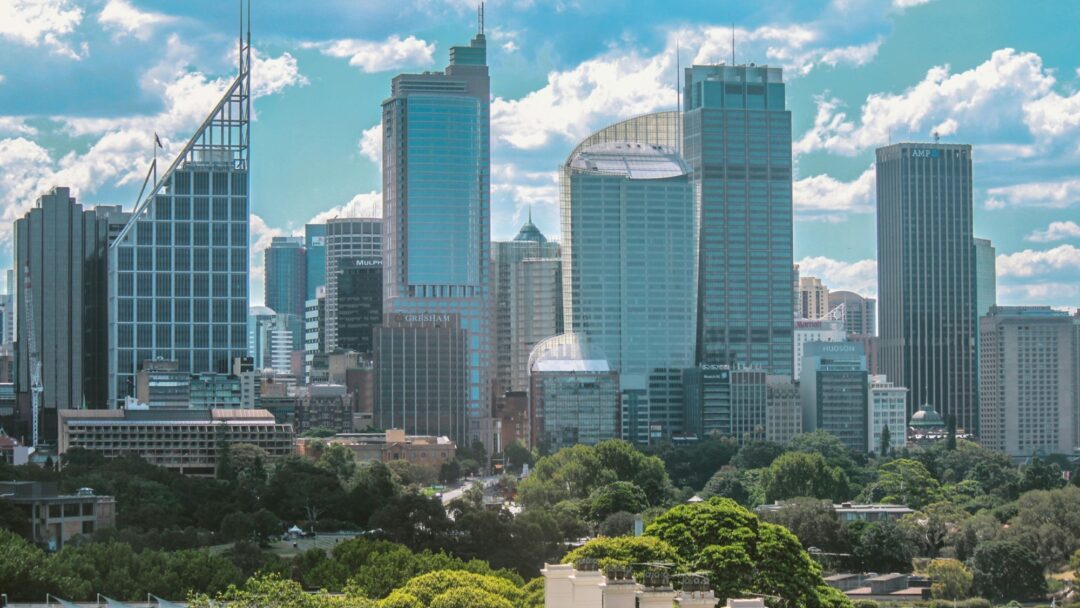
Disability Pride Month in July promotes awareness about people with disability and also celebrates individuals with disability.
Hannah Solomons - Sydney Disability Pride
Ablequest by 2RPH
Hannah Solomons - Sydney Disability Pride
•14 mins
Audio
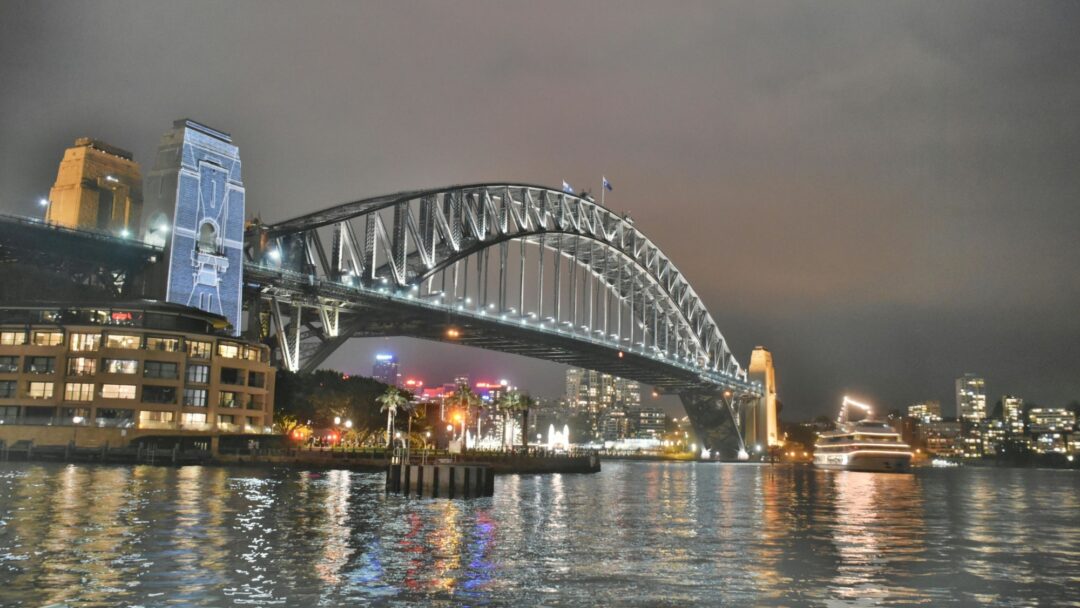
Deb Roach is a three-time pole dancing world champion yet she has only one arm.
Deb Roach
Ablequest by 2RPH
Deb Roach
•13 mins
Audio
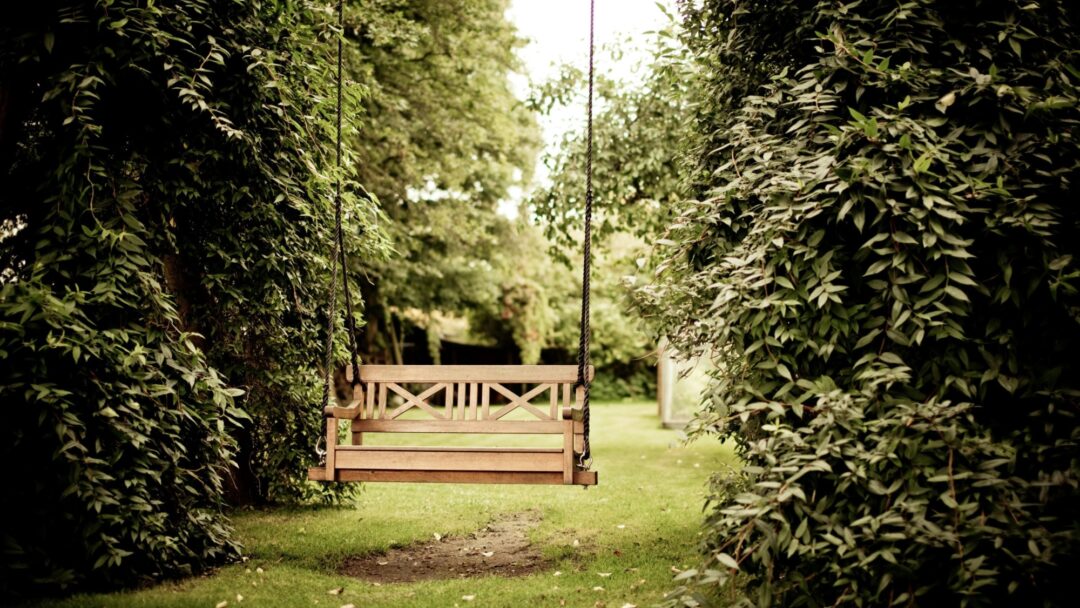
Being in nature is good for you whether it is being in the garden or walking along the beach.
Kayte Kitchen - Admirari Nature Therapy
Ablequest by 2RPH
Kayte Kitchen - Admirari Nature Therapy
•14 mins
Audio
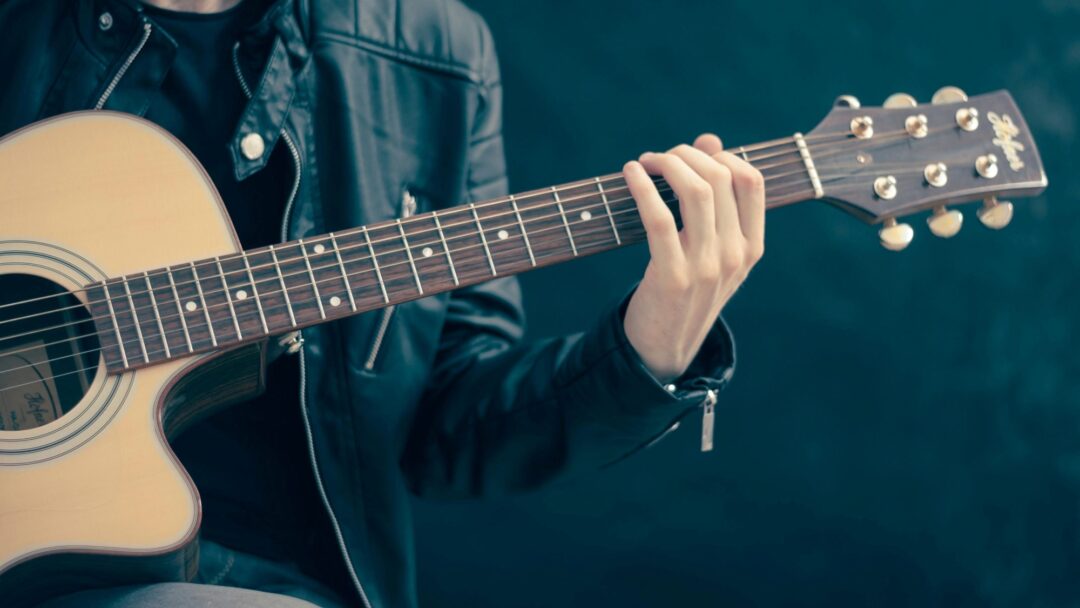
Music can evoke emotions that bring back memories and the same is true for people living with dementia.
Zara Thompson - Music Therapy
Ablequest by 2RPH
Zara Thompson - Music Therapy
•14 mins
Audio
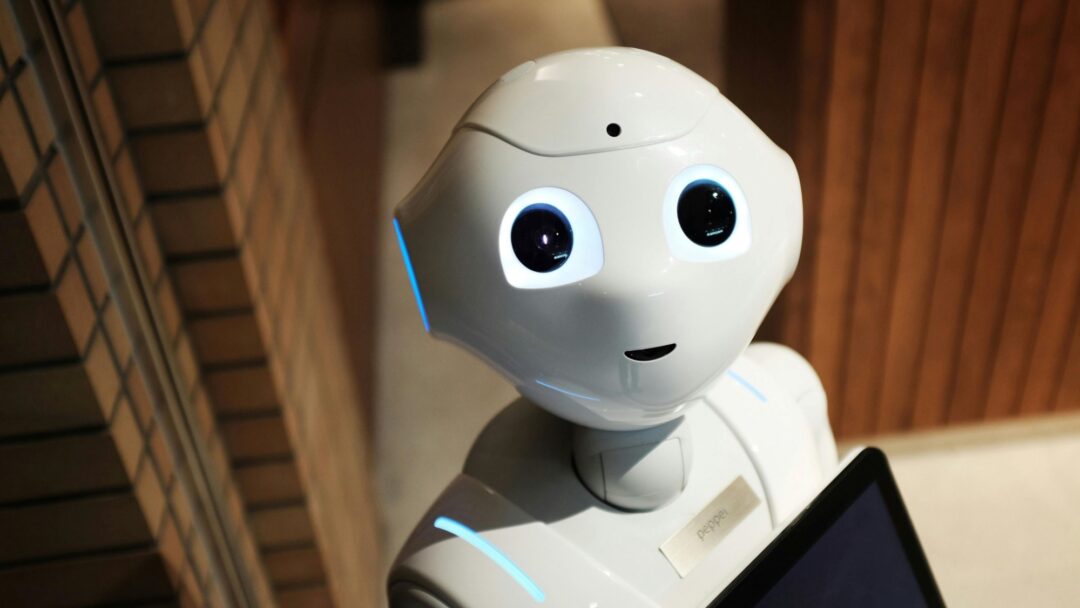
Laura Boccanfuso is founder and CEO of Van Robotics, a social robotics company based in South Carolina in the United States.
Laura Boccanfuso - Van Robotics
Ablequest by 2RPH
Laura Boccanfuso - Van Robotics
•14 mins
Audio
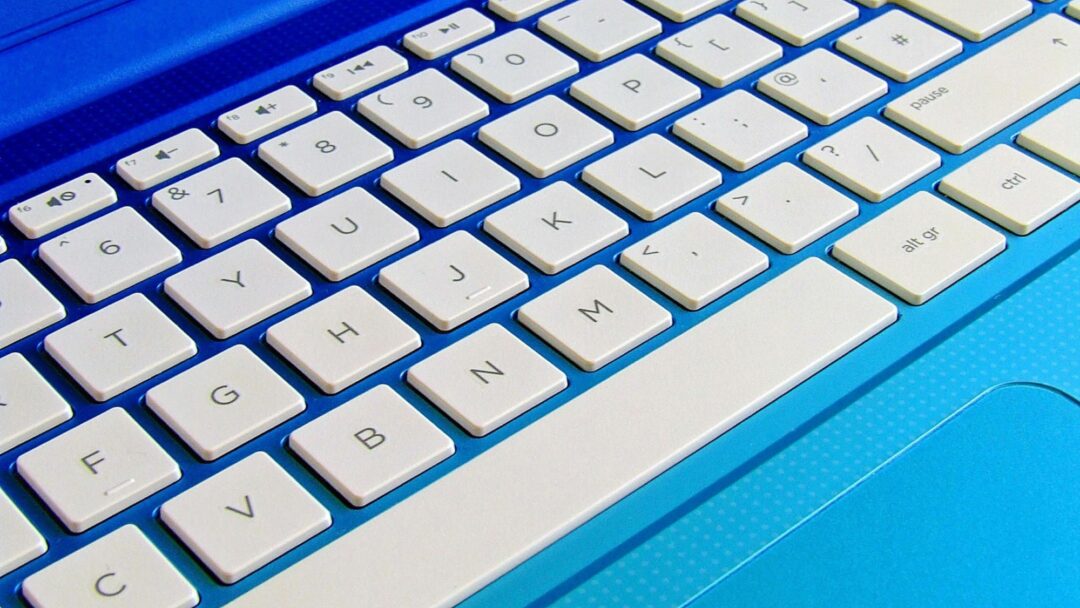
Two years ago Maggie O'Connell, in her mid 20's never had a full time job.
Maggie O'Connell - AFP
Ablequest by 2RPH
Maggie O'Connell - AFP
•14 mins
Audio
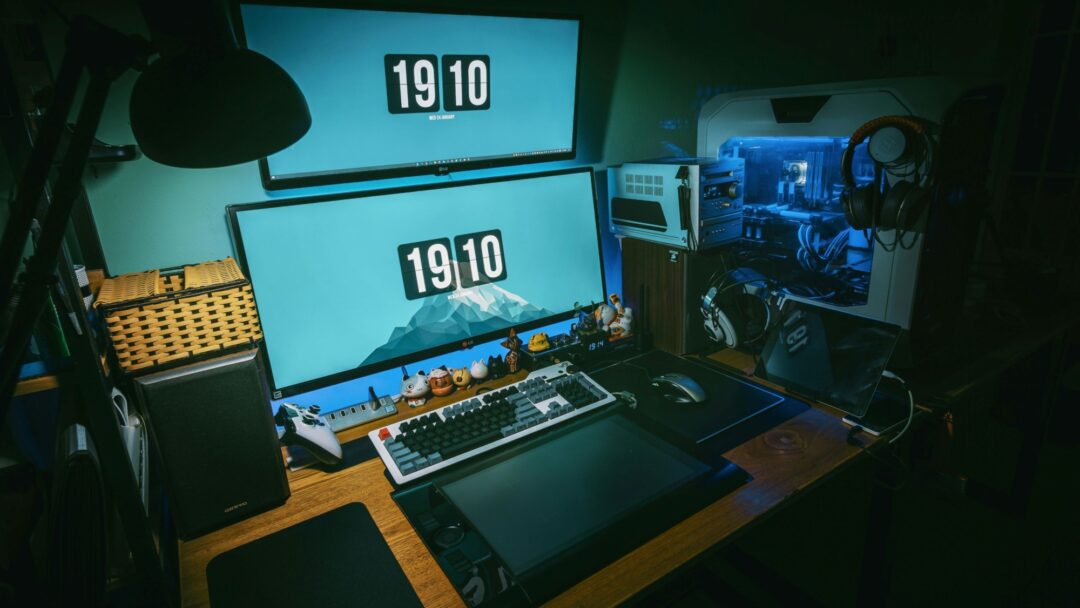
Julie Ross-Edwards, founder of Head High Disability Services, returns to Ablequest to speak more about Head High's philosophy and special approach.
Head High (Update)
Ablequest by 2RPH
Head High (Update)
•13 mins
Audio
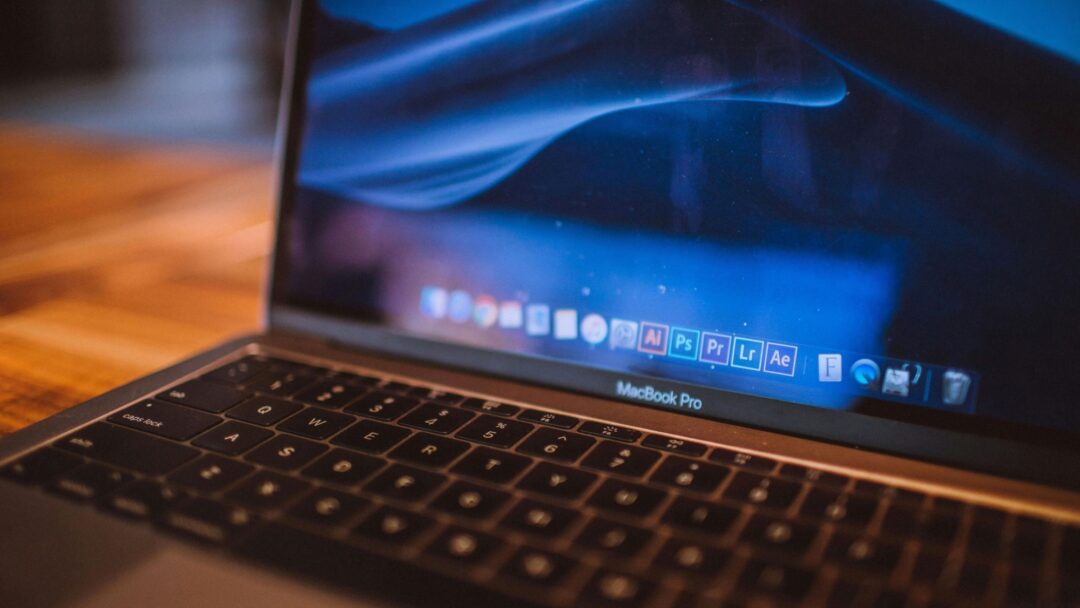
David Woodbridge, an expert in assistive technology for people with no or low vision, is a regular guest on Ablequest.
David Woodbridge
Ablequest by 2RPH
David Woodbridge
•14 mins
Audio

Pete Horsley is the Founder of Remarkable, a global start up and initiative of the Cerebral Palsy Alliance.
Pete Horsley - Remarkable Disability Tech Summit
Ablequest by 2RPH
Pete Horsley - Remarkable Disability Tech Summit
•14 mins
Audio